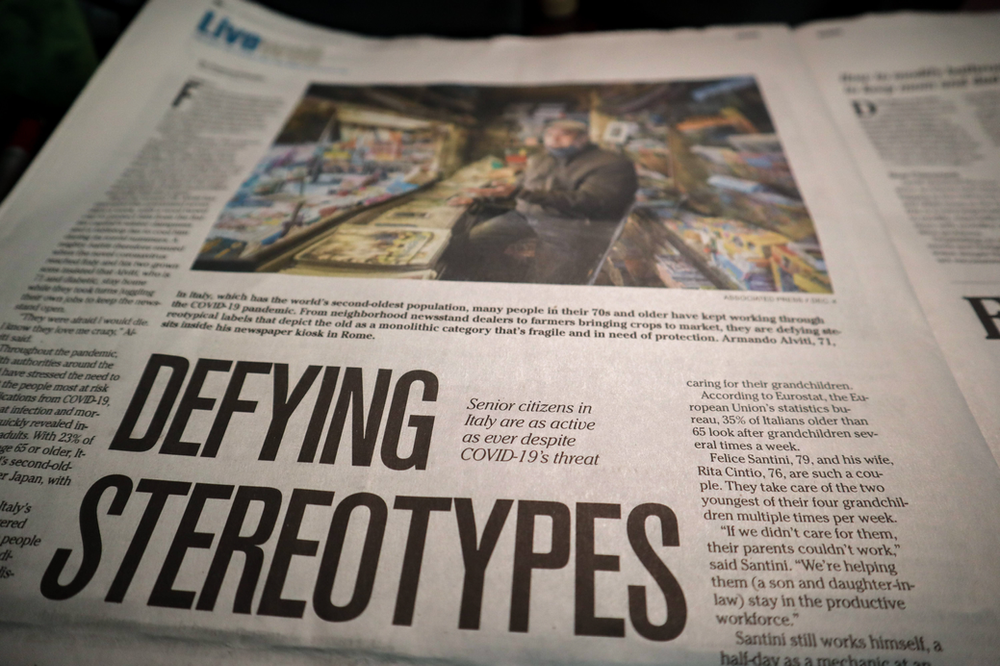Is convenience itself to blame? Perhaps in part. Too often, we pursue convenience without any thought to potential consequences. We sometimes perceive convenience as a solution only, with no downsides. As Thomas Sowell once said, “There are no solutions. There are only trade-offs.” What are the trade-offs to pursuing convenience? I can think of at least three to begin with.
The first deals with the nature of convenience. By its nature, convenience requires less of the individual. Less thought, less work, less ability; in short, less effort. What are the consequences of reducing the amount of required effort individuals must expend? On the one hand, as noted above, life becomes much simpler; and sometimes safer. On the other hand, effort is required for individual growth. You cannot improve yourself without effort. Convenience doesn’t remove effort from life – one can still voluntarily engage in effort filled ventures as they seek self-improvement – it does, however, remove its necessity in many cases. When effort because voluntary rather than mandatory, how can individuals be convinced to participate? What will motivate them to engage in hard work that isn’t apparently necessary for survival?
The second trade-off follows from that question. In removing the necessity for hard work, convenience also reduces personal satisfaction. Personal satisfaction largely comes from individuals expending effort in a quest for achievement. If the roof on your home needed to be redone, you could hire out the work or do it yourself. Neither decision is right or wrong, but both have good and bad consequences. If you hire it out, you will most likely get individuals who are experienced in the work replacing your roof and it will be very convenient for you. You may be able to use that time to do something else important. If you do the work yourself, you may gain a lot of knowledge that you didn’t have before and gain the personal satisfaction of having completed something quite difficult. The consequences from doing the work yourself include a loss of convenience and the consequences of hiring out the work include not gaining personal satisfaction in your own efforts. If everything becomes convenient, where can we find personal satisfaction?















